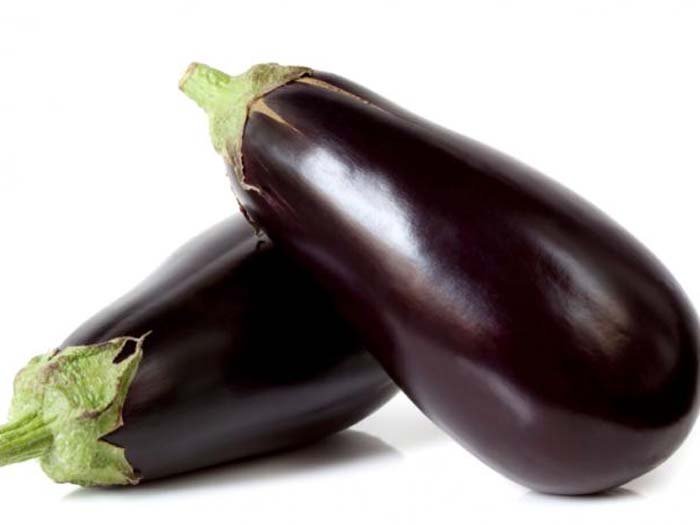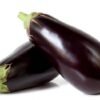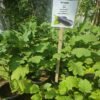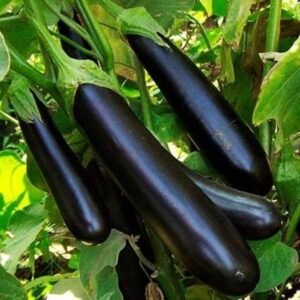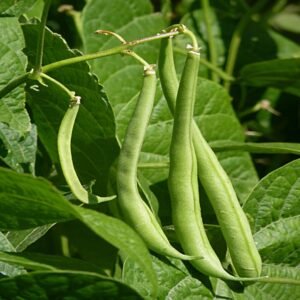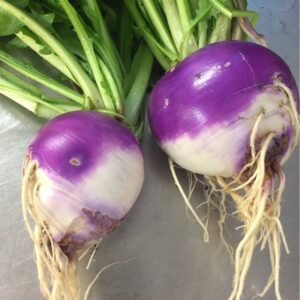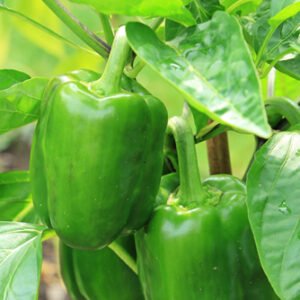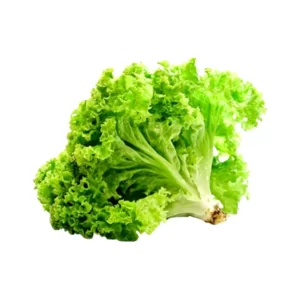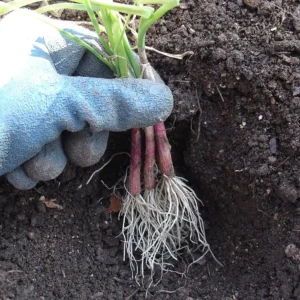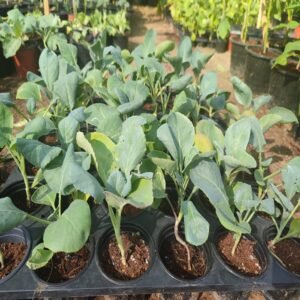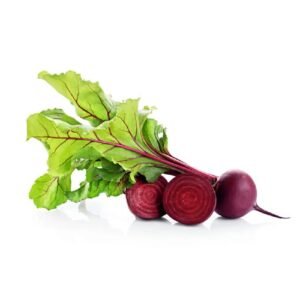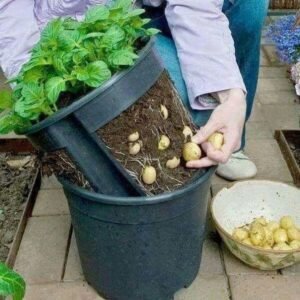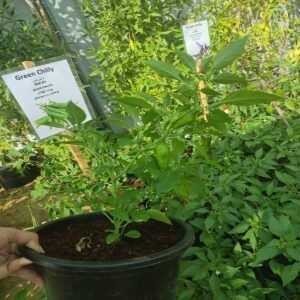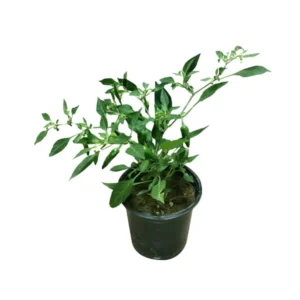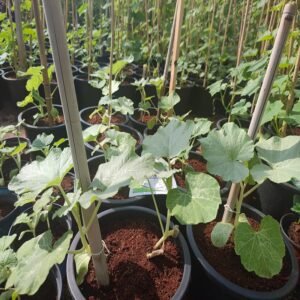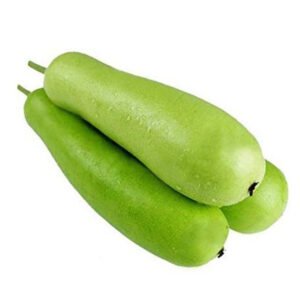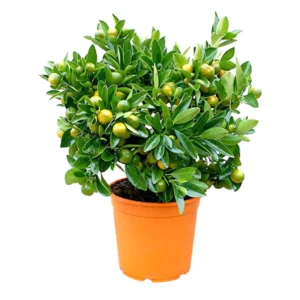| Scientific name | Solanum melongena |
| Common name | Brinjal |
| Temperature requirement | 25-35 °C |
| Humidity | 40-50% |
| Light | Full sunlight |
| Watering | Water everyday &keep moist |
| Pests | Shoot and fruit borer, whitefly, leafhopper, aphid, hadda beetle, stem borer, lacewing bug, brinjal brown leafhopper, and leaf roller. |
| Pet friendliness | All parts of the plant, when raw, are very poisonous to cats |
| Maximum plant height | 50-150 cm |
| Potting mix | Potting soil/red soil/manure/perlite |
| Pot requirement | Good drainage&repot every 1-2 years |
| Nutrition | Apply manure for first 15 days and npk for next 15 days |
| Pruning & training | Remove dead & diseased leaves with sterile shears |
| Common color & season | |
| Description | The brinjal can be grown practically on all soils from light sandy to heavy clay loam soils are good for an early crop, while clay loam and silt loam are well suited for higher yield. Generally silt loam and clay loam soils are preferred for brinjal cultivation. The soil should be deep, fertile and well drained. The soil ph should not be more than 5.5 To 6.0 For its better growth and development.Brinjal is susceptible to severe frost. A long and warm growing season with temperature range of 21-27°C is most favourable for its successful production. Climatic conditions especially low temperature during the cool season cause abnormal development of the ovary (splitting) in flower buds which then differentiate and develop into deformed fruits during that season.Late cultivars ,however,withstand mild frost and continue to bear some fruits.The brinjal grown in warm season shows luxurious growth and starts bearind from the initial flowers while in cool season its growth is poor and slow and fruit size,quality and production are adversely affected.It is a heavy feeder of nutrients and requires more nutrients for better yield and quality. It removes 0.29, 0.08 And 0.50 Kg npk for every 100 kg fruit yield. As already mentioned 25 tonnes of fym should be added 25 to 30 days before transplanting. Npk application is done in the form of inorganic fertilizers. Apply 25% of nitrogen as in the form of top dressing 6 weeks after transplanting and the remaining 25% n should be added in to soil 10 weeks after transplanting. |


